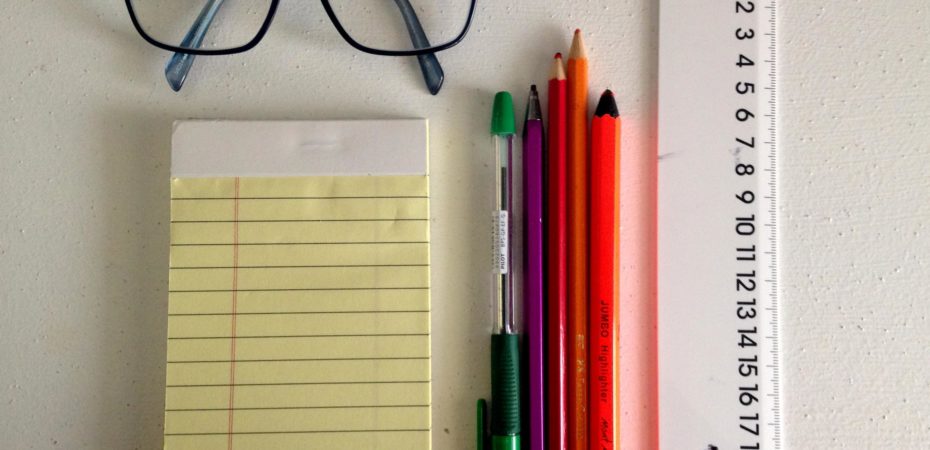The final preparations are almost complete and in a few days we’ll be welcoming over 50 doctoral research from LERU (The League of European Research Universities) for the 2019 Summer School. Just over two years since we first sat down with our colleagues in Edinburgh Global to consider writing an application to host this prestigious event, we’re counting the pens and the post-its in anticipation of a busy but exciting week.
LERU is a network of 23 leading European universities pushing the frontiers of innovative research. We were keen to propose a theme for the Summer School which would be congruent with their strengths as a network and be a valuable development opportunity for the high performing researchers we expected to attend. We felt that collaboration was the perfect theme (and weren’t alone as the 2018 event in Leuven had a similar focus!) but the innovation proposed was that by the end of the week the attendees would be leaving as co-authors of a guide to collaboration written for doctoral researchers. They wouldn’t just learn about collaboration from speakers or by simulating ideas to address challenges, they would work together to deliver a substantial output. They would discover first hand how an effective partnership delivers far more than any individual effort, but possibly along the way also see how differences in approach and working style can create conflicts which need to be faced and resolved.
Over the last year we’ve been meeting regularly with the Summer School Organising Team (which has been a complete pleasure – working with people who share a vision and have the complementary skills to deliver it has been a highlight of my year) to ensure that we conveyed the ethos of the summer school from the outset, found the best possible speakers and had a clear sense of the guide’s structure to ensure we could deliver to our ambitious writing schedule. We’ve attracted a fantastic group of researchers who have interviewed a dazzling set of research leaders to draw out insights which will be the basis of the guide. Added to this will be a parade of guests who will present their perspectives and sit on a range of panels throughout the week so the guide’s authors can interrogate them to better understand how to collaborate effectively and what opportunities are open to early career researchers.
Our guests will include researchers at all stages in their careers. We are fortunate in Scotland to have a culture of collaboration which has developed further under the Scottish Funding Council’s pooling initiative and at doctoral level is underpinned by the Research Council’s Doctoral Training Partnerships and Centres of Doctoral Training. Current students will sit on many of our panels and lead some of the sessions – their opinions and experiences will have particular value and relevance to our authors and their readers. We have invited research leaders to give more strategic overviews and draw on a range of projects and partnerships. One session will focus on the professional services who support collaboration and will feature many of the services that I collaborate with at Edinburgh. Another group will talk about collaboration with organisations and individuals based in other sectors.
The content and themes in the guide itself will be revealed on this blog during the week after each session. Although we intend to keep them pretty busy, we may even get some volunteers from the author group to add their thoughts about the process here. As well as posting the highlights of the workshops and writing sessions, we will also share material which doesn’t make it into the final edit of the guide. We will also cover the guide launch on Friday and share some of the marketing approaches which the authors will be working on later in the week.
At the end of the week we’ll be posting the guide here as we prepare its permanent home on the IAD website and it will be published under a Creative Commons licence. We hope it will inspire doctoral and postdoctoral researchers in and beyond the LERU community to seek out and engage with others, but more importantly for those currently making their way to Edinburgh, stand as a tangible reminder of how much can be achieved when we put our heads together.


